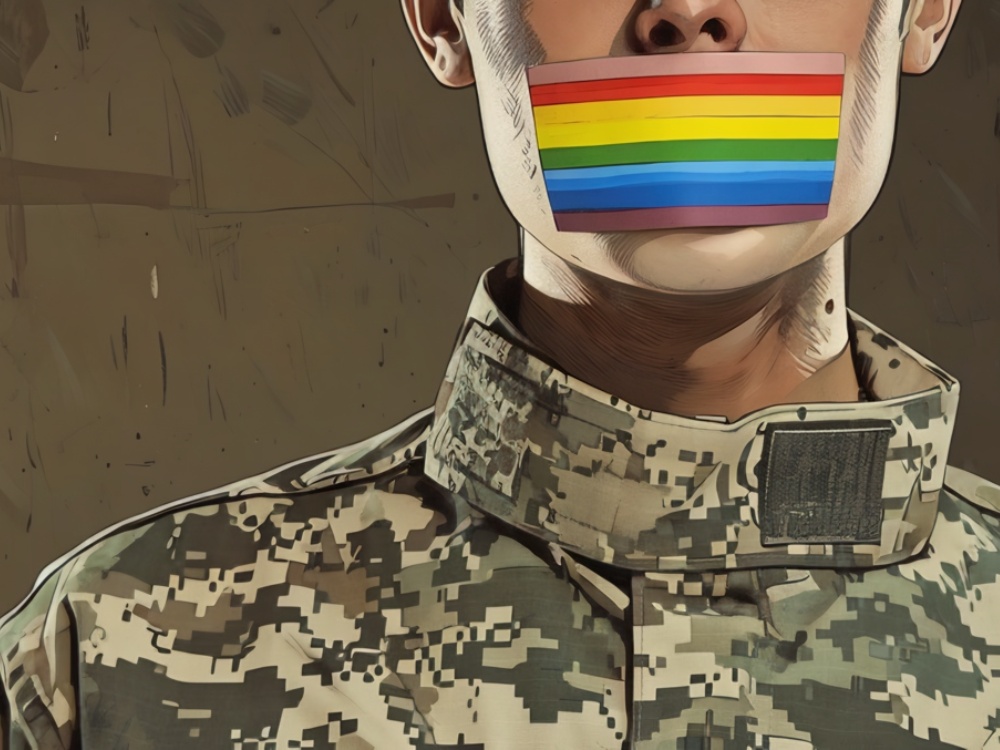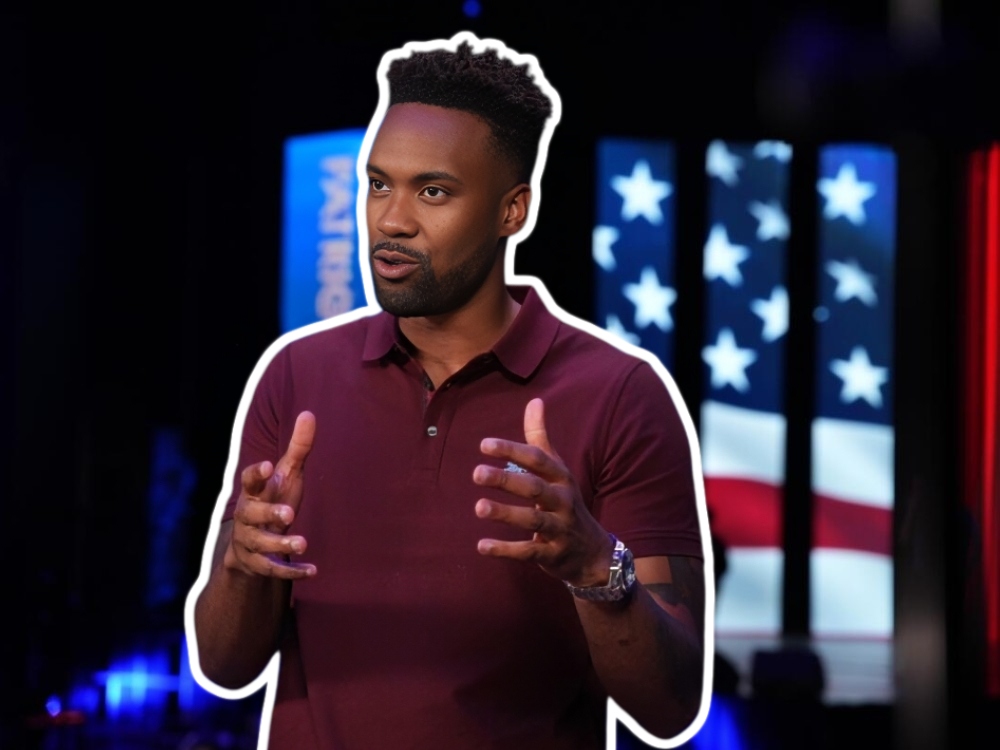A recent nationwide survey conducted by Just.Equal Australia has revealed that while some want no police presence at Pride events, a majority of Australians support their inclusion.
The survey, which polled 1,516 Australians, found that 63.9% support police presence in Pride, with 37.2% supporting police participation in Pride with conditions, and 26.7% favour their inclusion without restrictions.
When it comes to opposition to police inclusion, the survey found that opposition is more pronounced among younger respondents (aged 18–34) and individuals identifying as non-binary, transgender, bisexual, or queer. Additionally, the survey found that more women than men support the complete exclusion of police from Pride events.
Dr Sharon Dane, a researcher and report author, acknowledged the ongoing divide within the LGBTIQA+ community, stating, “The issue of who can participate in Pride parades has caused division in LGBTIQA+ communities for several years.” She added that the findings suggest a possible path forward, where many are open to police inclusion if law enforcement demonstrates a commitment to LGBTIQA+ equality.
Rodney Croome, spokesperson for Just.Equal Australia, echoed this sentiment, stating, “The survey makes it clear that the majority of LGBTIQA+ people believe in inclusive Pride parades, but also believe participation is a privilege that comes with the responsibility to improve policies and practices.”
Respondents were also asked about the participation of other groups, including big businesses, religious organisations, and political parties. The majority expressed support for their inclusion—provided they actively support LGBTIQA+ rights, such as businesses fostering inclusive workplace policies and religious groups affirming same-sex relationships.
The ongoing debate over police participation at Pride has gained fresh attention following Victoria Police’s decision to withdraw from Melbourne’s Midsumma Pride March on 2 February 2025. This decision came after organisers announced that only non-uniformed officers would be permitted to march.
A spokesperson for Victoria Police confirmed their withdrawal, stating, “Unfortunately, Victoria Police will not be taking part in this year’s Pride march. We had asked organisers for permission to march in uniform without tactical equipment as in previous years, but this was declined.” They added that the decision to prohibit uniforms was viewed as “a backwards step for inclusion, especially for our LGBTIQA+ employees who simply want to celebrate being their authentic selves.”
Midsumma organisers expressed disappointment over the withdrawal but maintained their commitment to fostering a safe and inclusive event. “We are disappointed in the decision by Victoria Police not to participate but respect the rights of any group who may choose not to participate,” a spokesperson said. Organisers stated that their trauma-informed approach was based on extensive consultations with community groups, prioritising safety for vulnerable LGBTIQA+ individuals.
The controversy surrounding police presence at Pride is not new. At last year’s march, tensions escalated when a group of 50 protesters clashed with police, chanting slogans such as “All cops are bastards” and “Cops kill queers.” This led to calls for a boycott of Midsumma, with critics accusing organisers of prioritising police participation over community safety.
No Police in Pride, an advocacy group pushing for police-free Pride events, has been vocal in its opposition. Organiser Hiero Badge stated, “Community consensus is clear: Queer people cannot safely interact with Victoria Police officers without risk of violence, as the police brutality at Pride 2024 demonstrated.” The group has gathered over 2,500 signatures calling for Victoria Police’s exclusion from the event.
The discussion over police inclusion at Pride marches is not limited to Melbourne and mirrors Auckland Pride’s decision, leading to a split in the LGBTQ+ community. In Sydney, there have also been ongoing efforts to exclude the NSW Police Force from the Sydney Gay and Lesbian Mardi Gras Parade. While a formal ban was rejected at the event’s 2024 AGM, organisers have warned that such a measure may become inevitable in the future.


































